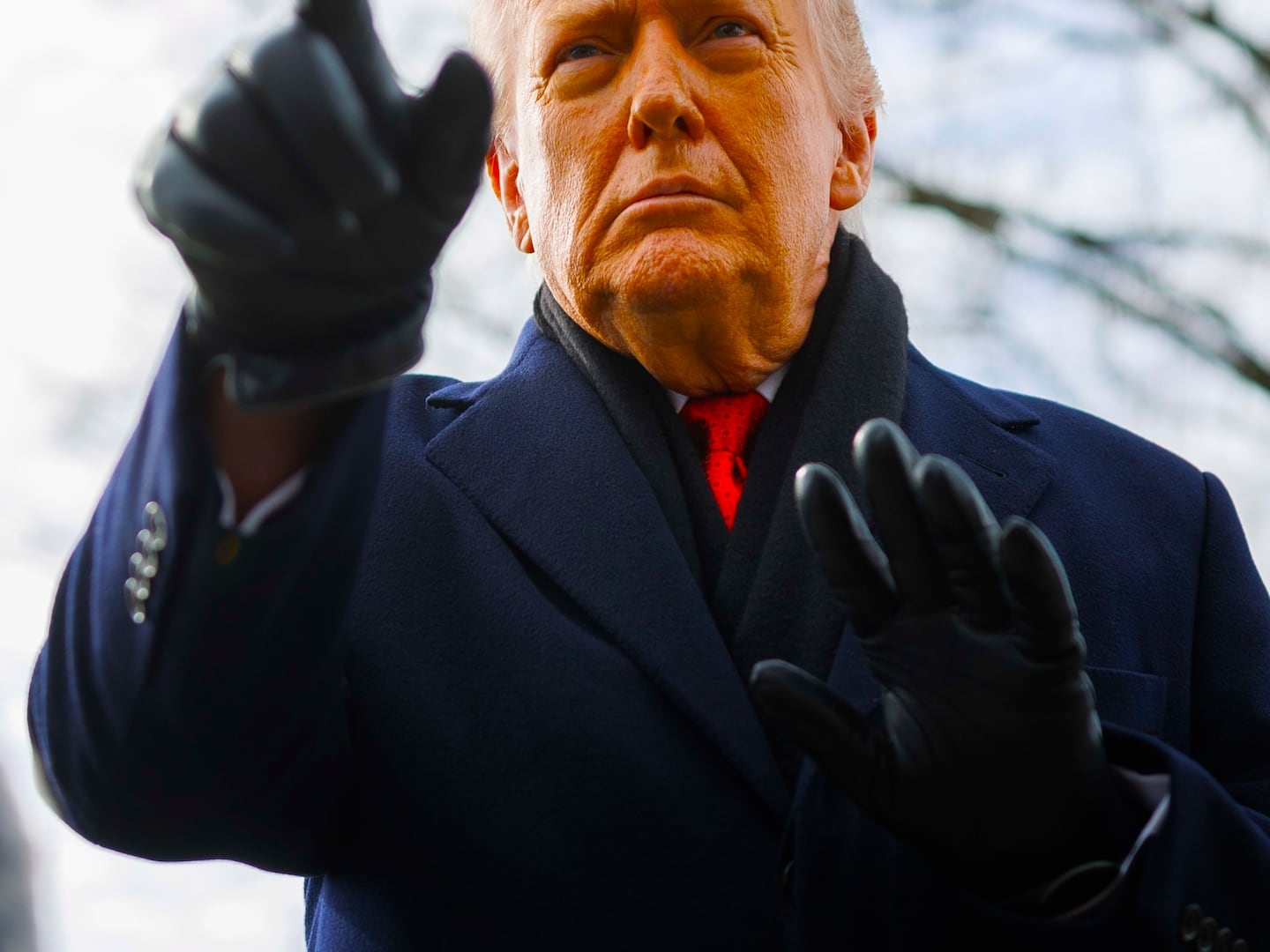For one of President Donald Trump’s most controversial decrees, trouble has indeed come in threes. On Friday evening, the U.S. Court of Appeals for the Ninth Circuit ruled that the third version of Trump’s efforts to bar nationals of six majority-Muslim countries from entering the U.S. was a violation of federal law.
In a 77-page decision, the three-judge panel ruled unanimously that Presidential Proclamation 9645, signed by Trump in September, “once again exceeds the scope of his delegated authority” under federal law. The court stayed its ruling pending review of its decision by the U.S. Supreme Court.
“For the third time, we are called upon to assess the legality of the President’s efforts to bar over 150 million nationals of six Muslim-majority countries from entering the United States or being issued immigrant visas that they would ordinarily be qualified to receive,” the decision reads. “We conclude that the President’s issuance of the Proclamation once again exceeds the scope of his delegated authority.”
The court was also skeptical of the government’s argument that Trump can bar entry of all aliens from any country, for any reason. “We doubt whether the Government’s position could be adopted,” the decision read, “without running roughshod over the principles of separation of powers enshrined in our Constitution.”
The White House did not immediately respond to a request for comment regarding the Ninth Circuit’s ruling.
Presidential Proclamation 9645, which restricts travel to the U.S. from Chad, Iran, Libya, North Korea, Somalia, Syria, Venezuela and Yemen, was signed by Trump on September 24. The proclamation was an expansion of an executive order signed in March that was, itself, intended to replace a January executive order that stranded thousands of travelers and threw American international airports into chaos.
On December 5th, the U.S. Supreme Court ruled that the order could be enforced in full, pending legal challenges such as the Ninth Circuit decision.
Unlike the president’s first travel ban, the current iteration does not have an expiration date, instead requiring the heads of the Justice, State, and Homeland Security departments, as well as the director of national intelligence, to submit a report to the White House every 180 days recommending whether or not the ban should stay in place.
The circuit court’s decision is stayed, pending near-guaranteed Supreme Court review.






